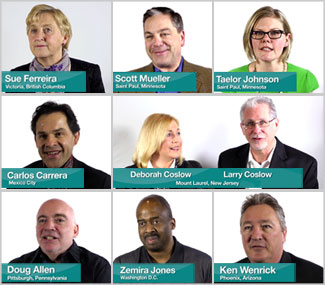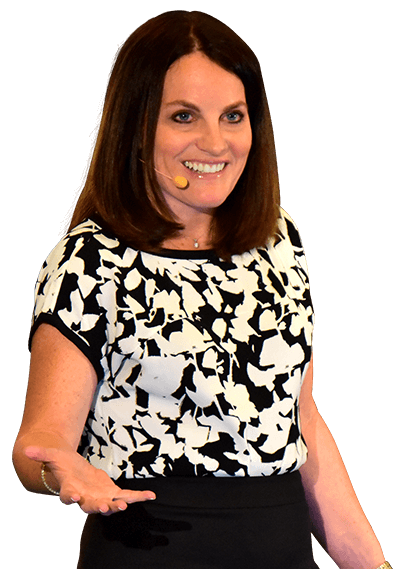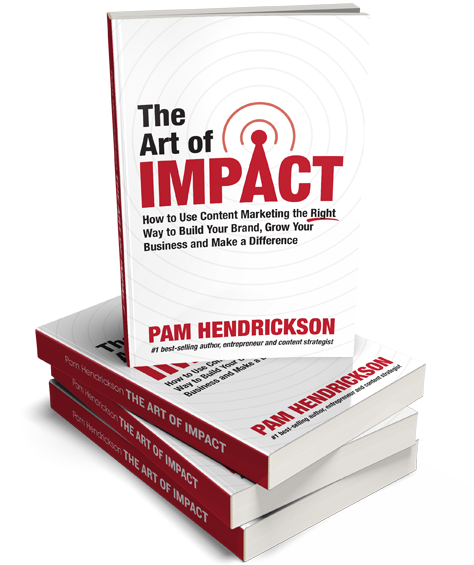Testimonials are one of the most powerful marketing tools you can use to grow your business. Why? Because, as Dr. Robert Cialdini put it in his book, Influence: The Psychology of Persuasion, “People will do things that they see other people are doing.”
Think about it: which do you trust more, the customer reviews on Amazon.com, or the manufacturer’s description of the product? That’s the power of social proof in action.

When it comes to collecting social proof for your products and services, you need to do two things:
- Make sure your customers get results.
The key to paving the way toward great testimonials is creating a product or service that creates the results it advertises. When you make a promise and deliver on it, your customers will have nothing but good feelings for you and your business, and will be happy to pay those good feelings forward in the form of a testimonial. - Ask your successful customers to film testimonials.
Although you will have some enthusiastic customers who may spontaneously whip out their iPhone and film a video for you, you’ll need to ask your best customers to film testimonials for you. Video is best, although a written testimonial with a picture is better than none.
To make sure you get the outcome—and to help your customers feel comfortable delivering their video—you’ll want to give your customers a structure to follow. Ask them to cover:
- Their Story: Who they are, what they do, where they live and what problem they were facing before using their product.
- The Product Testimonial: Their experience of using your product. What did they use it for? How did it work? How did it make them feel to use your product or service?
- Their Results: What did they experience as a result of using this product? Ask them to get very specific in terms of economic results, marketing results, personal results, etc.
The most effective testimonials tell a story and stay very specific. It’s best when they’re narrowly focused on one or two key ideas. The sum of all your testimonials together can tell a more broad story, but each individual one needs to be specific.
Finally, make sure each of your product “heroes” signs a waiver granting you permission to use their testimonial in your marketing. I’m not a lawyer, so you should consult yours to get a waiver written up for your testimonials—and to make sure they are sharing information that’s appropriate based on FTC guidelines.
Testimonials, case studies, and results statistics not only help your leads trust you and your offer, they also differentiate your business in the marketplace. Our surveys show that more than 80% of businesses have fewer than 10 testimonials from their customers, and 60% have fewer than 5 case studies.
This means that if you can back up your business’s products or services with testimonials, you’ll quickly stand apart from others in your industry who lack that proof—and you’ll become the credible authority in your marketplace.
Share with me in the comments: what are some of your favorite examples of social proof in action, either in your campaigns or in campaigns you’ve seen elsewhere?
(And check in with me next week when I’ll share a tip for collecting testimonials on auto-pilot!)




Leave a Reply